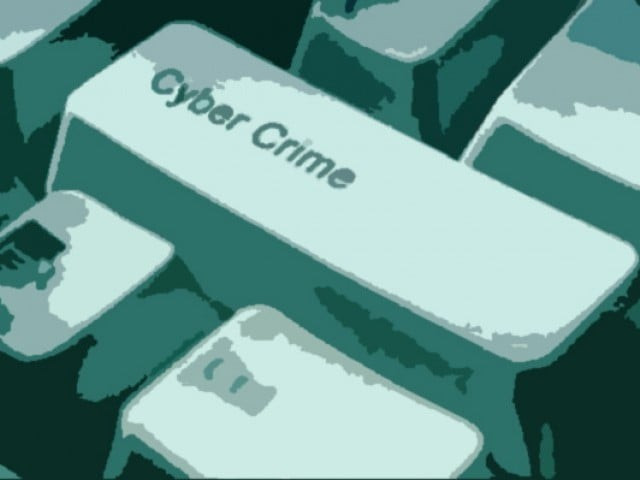Senate panel okays cybercrime law with amendments
The proposed law will now be presented for approval before the upper house

The proposed law will now be presented for approval before the upper house.
The bill has already been passed by the National Assembly; however, after the Senate’s approval it will be resubmitted in the lower house to discuss and approve the amendments proposed by the panel.
The Senate Standing Committee on Information Technology and Telecommunication approved the proposed bill in a meeting, chaired by the committee’s chairman Senator Shahi Syed. Apart from other members of the panel, Minister for Information Technology Anusha Rehman also attended the moot.
Cybercrime Bill wades back into controversy
According to its terms of reference, the Electronic Crimes Bill, 2016, aims at curbing cybercrimes and also provides mechanisms for their investigation, prosecution, trial and international cooperation with respect of such offences.
The Senate committee proposed amendments to ensure maximum safeguards for protecting general public and innocent people from any possible misuse of the proposed law.
A key amendment specifies that the data of the Internet Services Providers (ISPs) will not be obtained without permission of the authorised court, which will be established on the directives of high courts. Moreover, no investigation agency or person could start probing a cybercrime without court orders.
Cybercrime bill: Call for protection of freedom of expression
Another amendment suggests that any data pertaining to the cyber activity will be shared with a foreign agency or department only with the permission of the court and that the agency will be bound to keep the data confidential and use only for the purpose for which it is obtained.
The bill further suggests that if any investigation agency or data service provider misuses any electronic data then a punishment up to three-year imprisonment and fine of up to Rs1 million may be awarded.
An amendment proposes punishment of up to three-year jail and Rs0.5 million fine for selling and using illegal SIMs and three-year jail and up to Rs1 million fine for usage and selling of temper mobiles.
It also proposes imprisonment of up to seven-year with Rs5million fine for those who are involved in child pornography. It also suggests that the law will not be used against the less than ten-year-old children, involved in any kind of cybercrime.
Under the law, the Pakistan Telecommunication Authority (PTA) has been authorised to block any website on the complaint of any citizen after thoroughly examining the activity and the PTA is also authorised to reopen any website.
Anusha Rehman said mechanism for investigation would be transparent and there are multiple checks on the misuse of the law by investigating agency or service providers. “Pemra [Pakistan Electronic Media Regulator Authority] related matters have been excluded from the purview of the law.”
Senator Shahi Syed said the committee invited all the stakeholders including Human Rights Commission of Pakistan (HRCP), NGOs, civil society and media and heard them for including their input in the bill.
“We have made utmost effort to protect common people and innocent citizens from the misuse of the law and many checks and balances have been proposed to incorporate,” said Syed.
Senator Shibil Fraz suggested that since the subject of cybercrime is a technical matter, there is need of capacity building of judiciary to efficiently handle the matter so that they can decide any case after thoroughly understanding of the issue.



















COMMENTS
Comments are moderated and generally will be posted if they are on-topic and not abusive.
For more information, please see our Comments FAQ